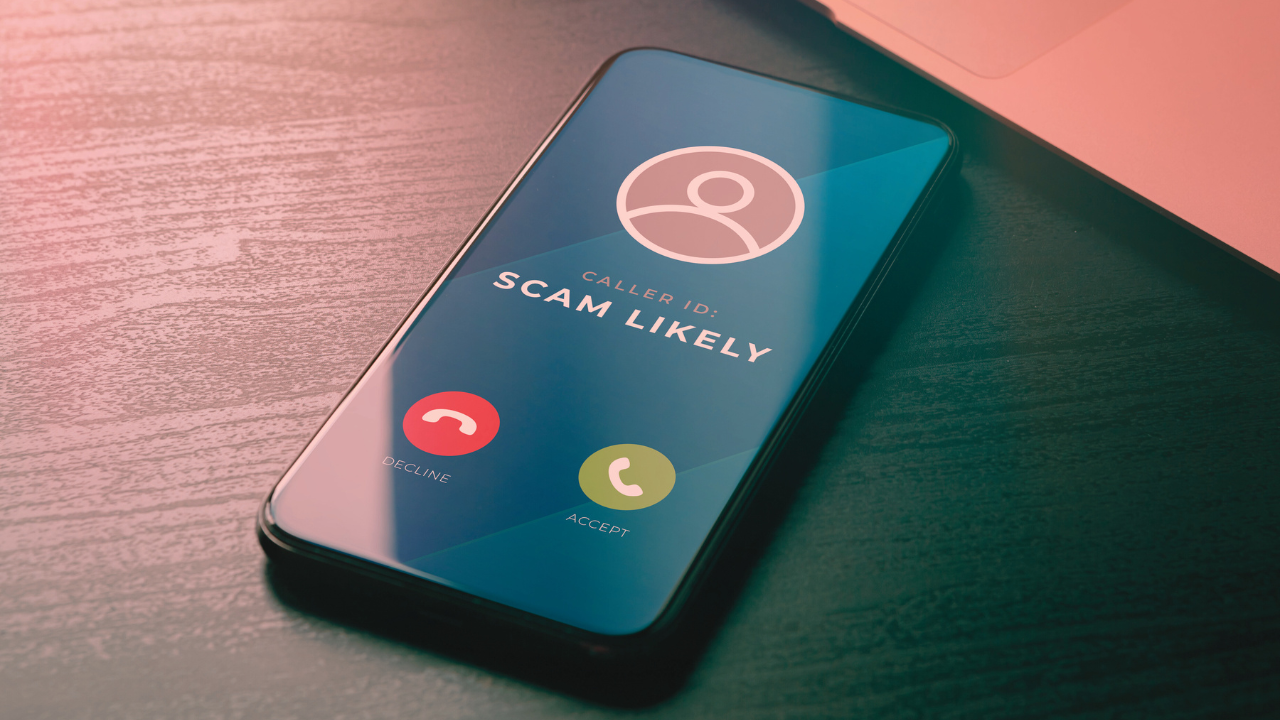
In today’s digital age, scams and frauds have become increasingly sophisticated, posing a significant threat to individuals and businesses worldwide. One such prevalent scam is the tech support scam, where fraudsters impersonate reputable companies’ customer service or IT departments to trick victims into granting access to their computers and extracting payments. While these scams occur globally, India has emerged as a hub for these fraudulent activities due to its extensive call center industry. This article delves into the operation of antivirus scammers in India, their impact on victims, and the collaborative efforts of major tech companies and law enforcement agencies to combat these scams.
The Modus Operandi of Antivirus Scammers
Antivirus scammers employ various tactics to deceive unsuspecting victims. They often initiate contact through unsolicited phone calls or display pop-up ads claiming to detect technical issues on the victim’s computer. These ads typically prompt the victim to call a toll-free number for assistance. Once engaged, scammers employ a combination of social engineering techniques and scare tactics to convince victims that their computer is infected or compromised. They may impersonate representatives from renowned companies like Microsoft or Amazon, gaining the victim’s trust and furthering their deception.
To gain remote access to the victim’s computer, scammers manipulate victims into installing remote desktop software or granting them control through built-in features like Windows Remote Assistance. With access to the victim’s computer, scammers then proceed to exploit the victim’s fear by offering to fix the non-existent problems at exorbitant prices. Victims are coerced into making payments ranging from a few hundred to several thousand dollars, under the pretense of resolving their computer issues.
Profiling the Impact and Extent of the Scams
Antivirus scams orchestrated by fraudsters in India have had a significant impact on victims globally. According to reports, over 2,000 individuals have fallen victim to these scams, with the majority of victims located in the United States. However, countries such as Canada, Australia, the UK, Germany, and Spain have also been affected by these fraudulent activities.
The financial losses incurred by victims are staggering. In 2022 alone, more than 32,000 victims reported losses amounting to nearly $806.5 million due to tech support fraud schemes. These scams primarily target older demographics, with 69% of victims being 60 years of age or older. The vulnerability of this age group makes it crucial to raise awareness and educate individuals about the warning signs of scam calls or phishing attempts.
Tracing the Scammers to India
India’s call center industry, known for its outsourcing prowess, has inadvertently facilitated the growth of tech support scams within the country. The presence of a legitimate call center industry has made it easier for fraudulent operations to thrive, leveraging the country’s infrastructure and skilled workforce. India’s outsourcing industry generates approximately $28 billion in annual revenue and employs around 1.2 million people, making it an attractive base for scammers seeking to exploit unsuspecting victims.
Law enforcement authorities, in collaboration with tech companies like Microsoft and Amazon, have been actively working to combat these scams. Recognizing the need for a united front against criminal activities, these companies have joined forces with India’s Central Bureau of Investigations (CBI) to dismantle the fraudulent call centers responsible for these scams.
Operation Chakra-II: A Joint Effort to Combat Scammers
In a significant development, India’s CBI recently announced the successful completion of Operation Chakra-II. This operation involved coordinated raids on 76 suspected illegal call centers across various states in India. The raids aimed to disrupt the operations of cybercriminals impersonating customer support representatives from Amazon and Microsoft.
During these raids, law enforcement seized crucial evidence, including phones, laptops, hard discs, SIM cards, and froze several bank accounts. The targeted locations spanned multiple states, including Bihar, Delhi, Haryana, Himachal Pradesh, Karnataka, Kerala, Madhya Pradesh, Punjab, Tamil Nadu, Uttar Pradesh, and West Bengal. These raids not only served as a blow to the scammers but also provided vital information that can aid in dismantling the networks involved in these fraudulent activities.
Collaborative Efforts: Microsoft and Amazon Stand United
Microsoft and Amazon, two major players in the tech industry, have recognized the need to join forces with law enforcement agencies to combat tech support fraud. Operation Chakra-II marked the first collaboration between Amazon and Microsoft in their fight against these scams. Kathy Sheehan, Vice President and Associate General Counsel of Amazon’s Business Conduct & Ethics, emphasized the importance of partnerships in protecting consumers from impersonation scams. She urged other industry leaders to unite against criminal activity and create a safer online ecosystem.
Microsoft, with its extensive experience in cybersecurity, has taken proactive measures to educate users about tech support scams. The company hosts a dedicated website that reviews popular versions of these scams, providing users with resources to report fraudulent activities and protect themselves. Microsoft emphasizes that reputable tech companies will never contact users via phone, email, or text message to report device issues. Users are encouraged to remain vigilant, regularly update their software, and report any potential fraud attempts.
The Global Reach of Antivirus Scams
While the impact of these scams is felt most acutely in the United States, tech support fraud is a global problem. Countries such as Canada, Australia, the UK, Germany, and Spain have also experienced the detrimental effects of these scams. The collaboration between Indian law enforcement, Microsoft, and Amazon demonstrates the need for international cooperation in combating this menace. By working together, these entities aim to create a safer online environment and protect individuals from falling victim to such fraudulent activities.
The fight against tech support scams extends beyond the efforts of individual companies and law enforcement agencies. It requires a collective endeavor involving public awareness campaigns, enhanced cybersecurity measures, and stringent law enforcement. Only through a comprehensive approach can we mitigate the risks posed by these scams and safeguard the trust and security of individuals and businesses.
Conclusion
Antivirus scammers in India have exploited the country’s call center industry to orchestrate tech support scams targeting individuals globally. Through impersonation and deception, these scammers have extracted substantial sums of money from their victims under the pretense of resolving non-existent computer issues. However, concerted efforts by major tech companies like Microsoft and Amazon, alongside Indian law enforcement agencies like the CBI, are disrupting these fraudulent operations.
Operation Chakra-II, a joint effort between Microsoft, Amazon, and the CBI, has yielded significant results, with coordinated raids on 76 suspected illegal call centers across India. These raids have not only disrupted the scammers’ operations but have also provided valuable evidence to aid in dismantling their networks. Additionally, Microsoft and Amazon have taken proactive measures to educate users and raise awareness of tech support scams.
As the fight against tech support scams continues, international collaboration and public awareness campaigns will play a crucial role. By staying informed, vigilant, and united in our efforts, we can combat these scams and create a safer online ecosystem for all. Together, we can protect individuals from falling victim to the deceptive tactics employed by antivirus scammers in India and around the world.



 Intelligence Commissioner investigates & reviews online money-making opportunities. We strive to provide critically helpful information to our readers and assist them in identifying scams.
Intelligence Commissioner investigates & reviews online money-making opportunities. We strive to provide critically helpful information to our readers and assist them in identifying scams. 